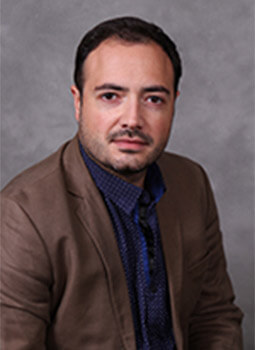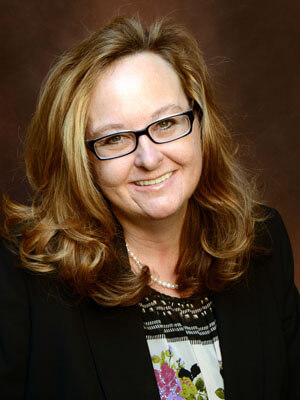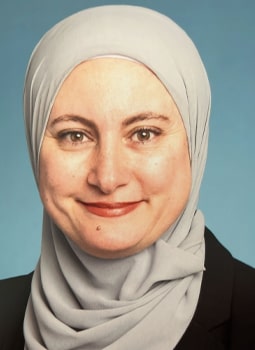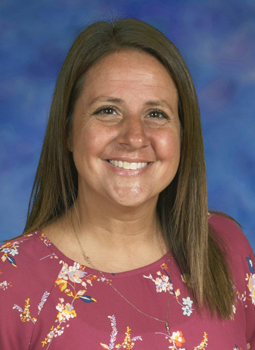B.A. in Secondary Education | English Education (9-12)
Inspire a Lifelong Love of Learning
The Secondary Education program at Saint Xavier University prepares candidates to teach grades 9-12. Through student teaching experience, fieldwork observation and other opportunities to apply theory to practice, candidates will engage in an interactive and dynamic learning experience that will enable them to deliver a high-impact instructional experience to their future students. The Secondary Education program integrates courses and field experiences that will prepare you to teach in a variety of educational settings, including public and private schools. As a secondary education major, you will develop an in-depth understanding of your content area. Additionally, students may develop advanced skills, including communication, patience, creativity, enthusiasm, confidence, dedication, conflict resolution, organization, classroom management, time management, critical thinking, leadership, and teamwork.

Why Earn Your B.S. in Secondary Education?
The education profession is one of the most rewarding and fulfilling careers. Teachers serve as the cornerstone of a student's educational journey through their development as they become critical thinkers and problem solvers.
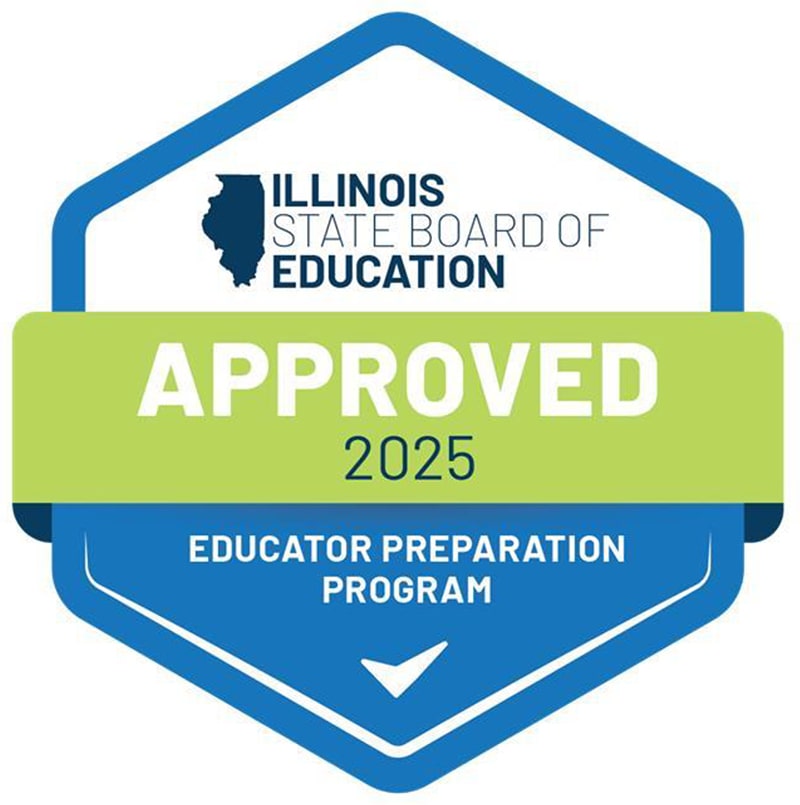
About the Program
The English (9-12) Secondary Education major is your pathway to shaping young minds through the power of language and literature. This program combines a robust foundation in English studies with specialized training to prepare you for teaching English language arts in Illinois secondary schools. Designed to meet CAEP/NCTE and Illinois Content Area Standards for Educators, the program equips you with the skills to inspire critical thinking, creativity, and effective communication in your students. With additional coursework in the Education Division's Secondary Education program and a focus on state licensure, you'll graduate ready to lead classrooms and make a lasting impact in education.
The English Secondary Education program offers transformative, hands-on learning experiences that will set you apart as a teacher. Engage in immersive classroom field experiences and student teaching placements, where you'll apply the theory and techniques learned in the classroom to real-world teaching environments. Participate in collaborative projects with peers, enhancing your ability to design innovative curricula that inspire diverse learners. With opportunities for reflective practice and mentorship from experienced educators, you'll build the confidence and expertise needed to become a dynamic leader in English language arts education.
Graduates of the English (9-12) Secondary Education program will be equipped to design and deliver engaging, standards-aligned lessons that foster literacy, critical thinking, and communication skills in diverse secondary classrooms. Through reflective practice and hands-on teaching experiences, graduates will develop strong classroom management skills, the ability to assess and support student progress, and the readiness to lead the classroom.
At the undergraduate level, Saint Xavier University is one of the seven largest providers of teachers in Illinois. Saint Xavier University's Education Division has a long and successful history of preparing students for careers in teaching with a curriculum that guides teacher candidates to become scholars, lifelong learners, leaders, and reflective practitioners. Rooted in the values of the Sisters of Mercy, our mission emphasizes compassion, service, and social justice. As a student in our Education Division, you'll be inspired to integrate these values into your teaching practice, making a meaningful impact on your students and community. You'll learn to educate with empathy, advocate for equity, and lead with a heart committed to service.
SXU offers a variety of education endorsements designed to expand the expertise of teacher candidates and practicing educators. Endorsements are aligned with Illinois state standards, ensuring that educators are well-prepared to meet the needs of students in diverse classroom settings.
Language and Literature
Find out more about the Language and Literature programs of study here at Saint Xavier University!
Learn More
Quick Links
Request Information
Want to know more about undergraduate programs at Saint Xavier University? Please fill out the form below!
Contact the Office of Admission
- 773-298-3050
- Toll Free: 844-GOTO-SXU (844-468-6798)
- Fax: 773-298-3076
- Email: admissionFREESXU
- M-F: 8:30 a.m. to 4:30 p.m.
Other Undergraduate Education Programs
contact us















